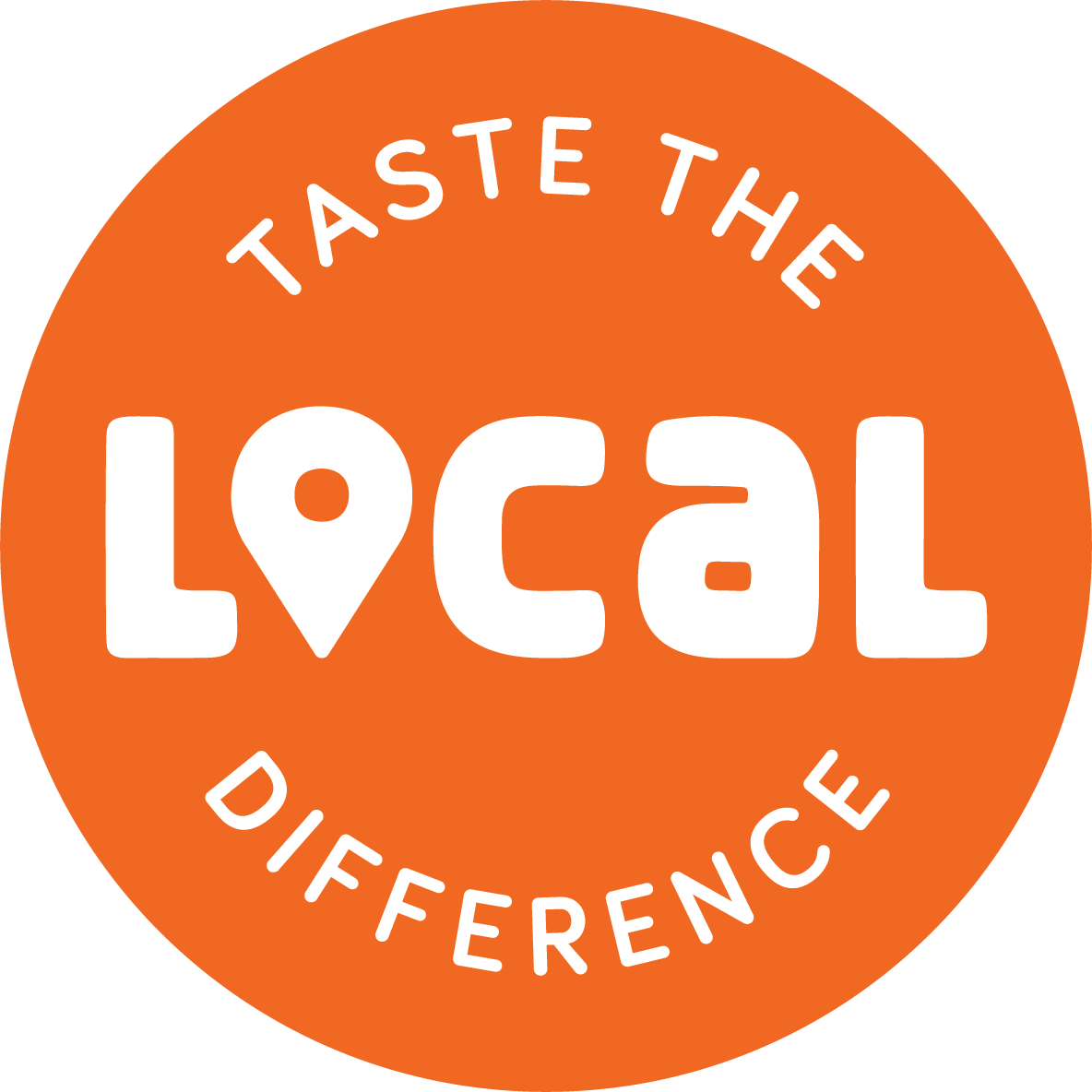On the northeast side of Ann Arbor, Food Gatherers’ warehouse is bustling with activity. Six days per week, food bank staff gather donated food for volunteers to sort and inspect. This food supports more than 140 hunger-relief partners throughout Washtenaw County, ensuring neighbors can access free meals and groceries. The stakes are high: counting every person in every household, each time they received food, Food Gatherers helped more than 1 million people access free groceries and meals last year.
Today, the need remains elevated. The pandemic-era program that provided extra Supplemental Nutrition Assistance Program (SNAP) payments ended in March 2023, further straining households already struggling with high food prices. Increasingly, people turn to their local food pantries for help. In February 2024, Food Gatherers’ network served 50% more people than a year ago.
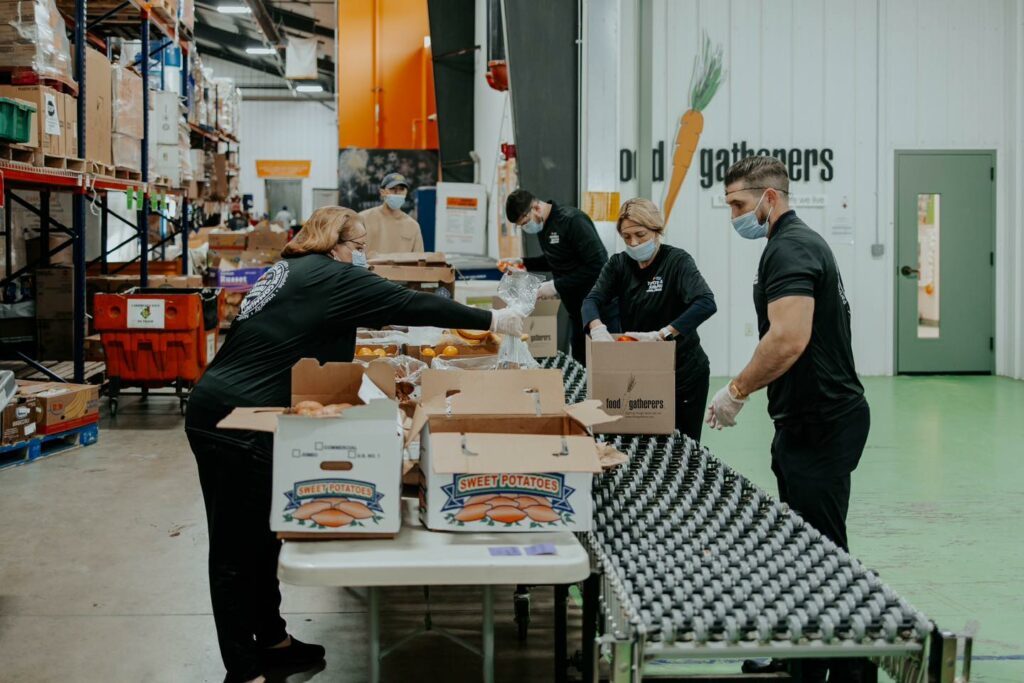
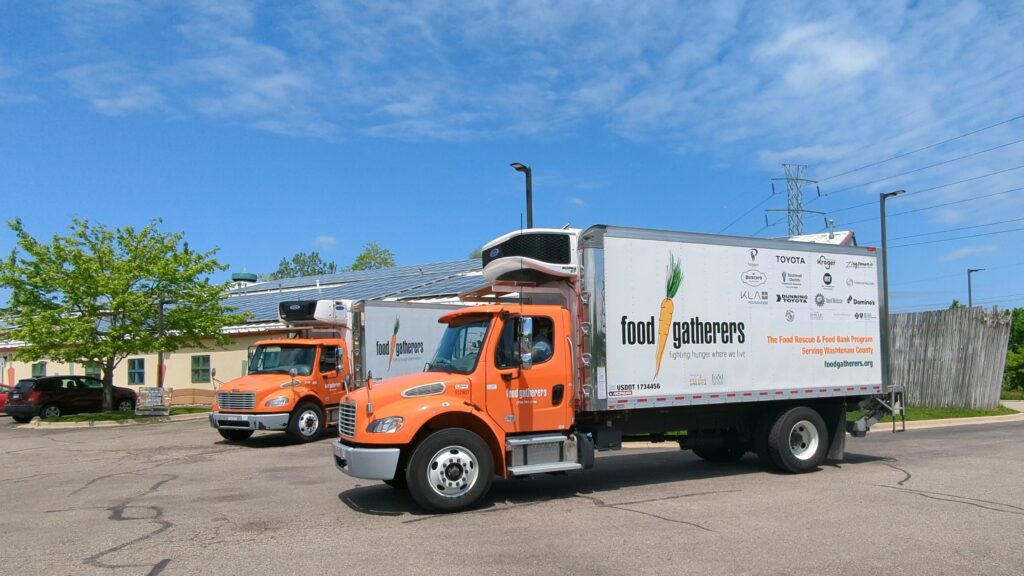
To meet the increased demand, Food Gatherers purchased 40% more food in fiscal year 2023 in addition to securing donations from individuals, businesses, and foundations. This emergency response is necessary but it is not sustainable. Today, we need policy and philanthropy to align to meet this crisis.
Food Gatherers’ Advocacy Efforts in 2024
We must understand that charitable food distributions can’t replace federal assistance programs. Robust government investment is needed to fight hunger.
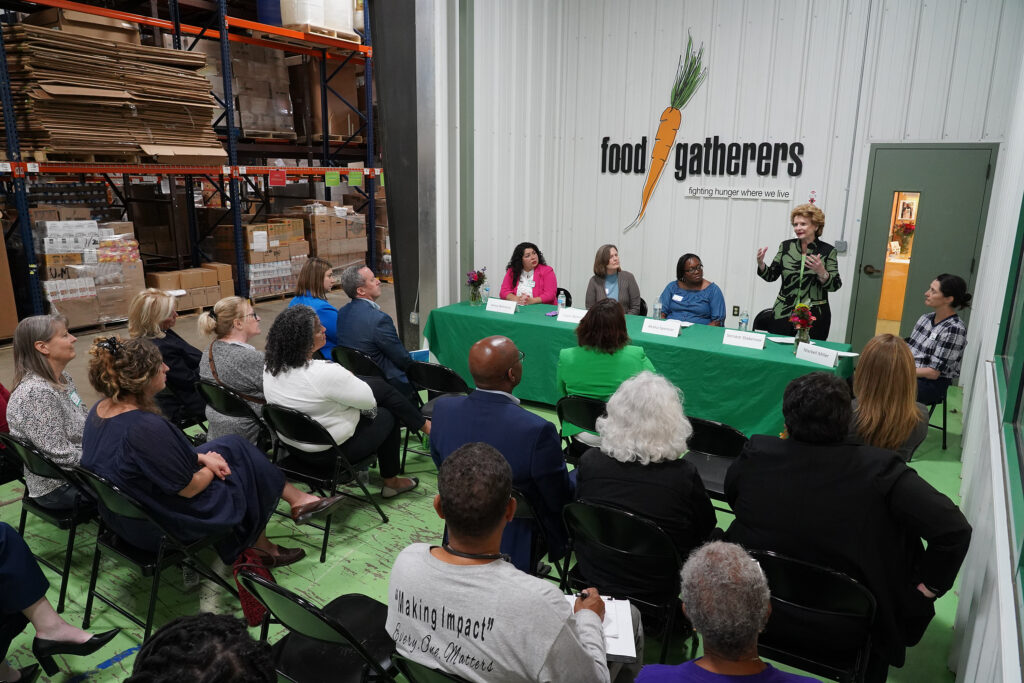
Federal nutrition programs like SNAP, WIC, and school meals are the first line of defense against hunger. Feeding America, our national network of food banks, estimates that for every meal we provide, SNAP provides nine. The upcoming Farm Bill is a critical opportunity to demand stronger investments in SNAP and The Emergency Food Assistance Program (TEFAP). Passed roughly every five years, the Farm Bill is the centerpiece of federal legislation for nutrition and agriculture and creates pathways to support U.S. farmers and producers while fighting hunger locally.
Here in Michigan, we are grateful that the state legislature recently increased funding for the Michigan Agricultural Surplus System (MASS) providing funding to food banks to source Michigan-grown and produced agricultural products, including dairy, meat, poultry, and fresh fruits and vegetables. Food Gatherers appreciates this robust investment in the health of our communities and will be fighting to preserve this funding in the next budget cycle.
Public Policy Impacts Community Health
Connecting people to healthy food is one part of Food Gatherers’ mission but we are also committed to eliminating the causes of hunger. Insufficient wages, housing insecurity, lack of accessible healthcare, and systemic discrimination are all social and economic factors that drive food insecurity. We know that federal and state nutrition programs are one piece of the solution, linked to improved health, education outcomes, and economic growth.
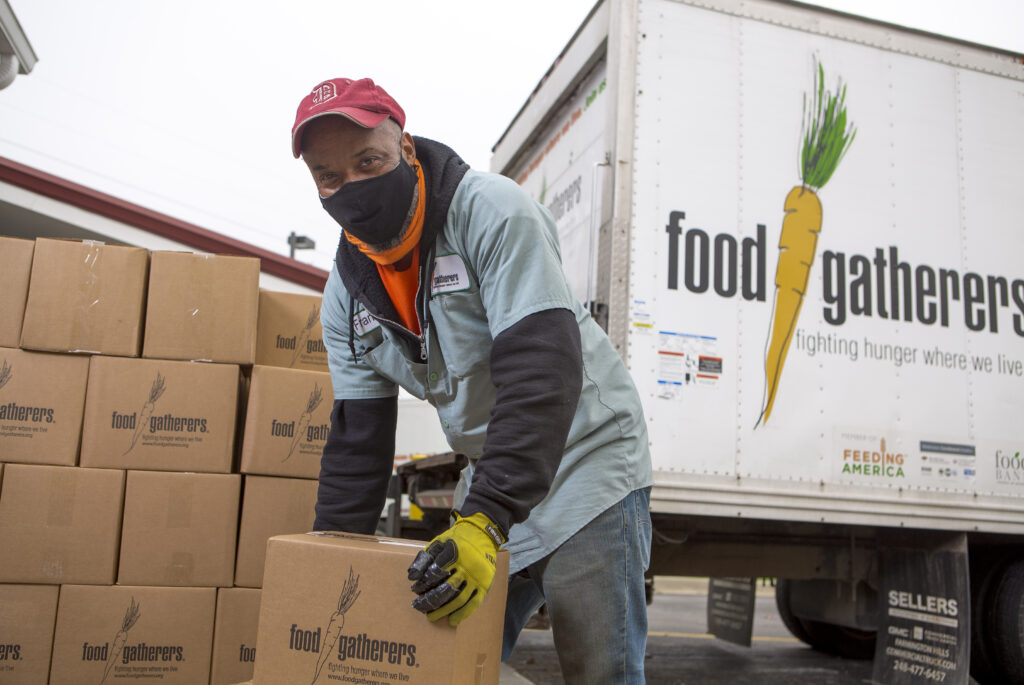
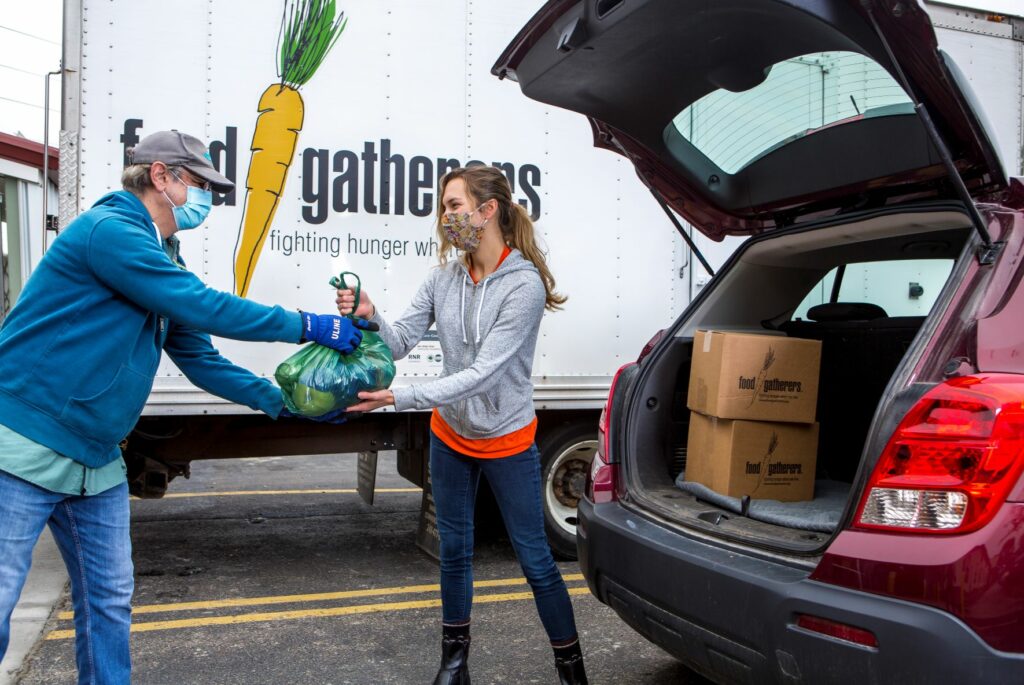
Food Gatherers and food banks nationwide will continue to work with lawmakers to advocate for consistent investments in hunger-relief programs to ensure people can meet their needs, regardless of life’s circumstances.
Now more than ever, anti-hunger organizations rely on every food business, public institution, and community member to help build a more food-secure future. Food banks cannot replace government programs but we can work in tandem to create healthier communities and resilient food systems that benefit everyone.
We can’t solve hunger alone! To learn more about Food Gatherers’ advocacy initiatives and get involved, visit FoodGatherers.org/Advocate.
This article was written in partnership with Food Gatherers.
